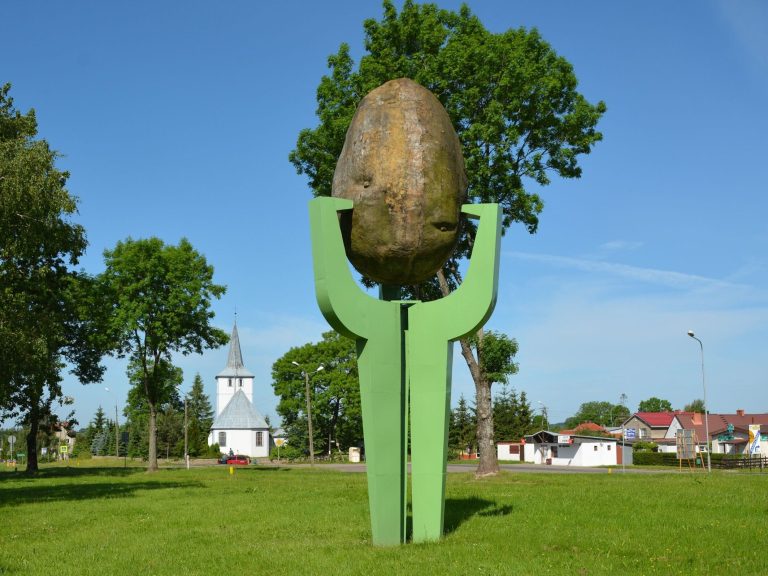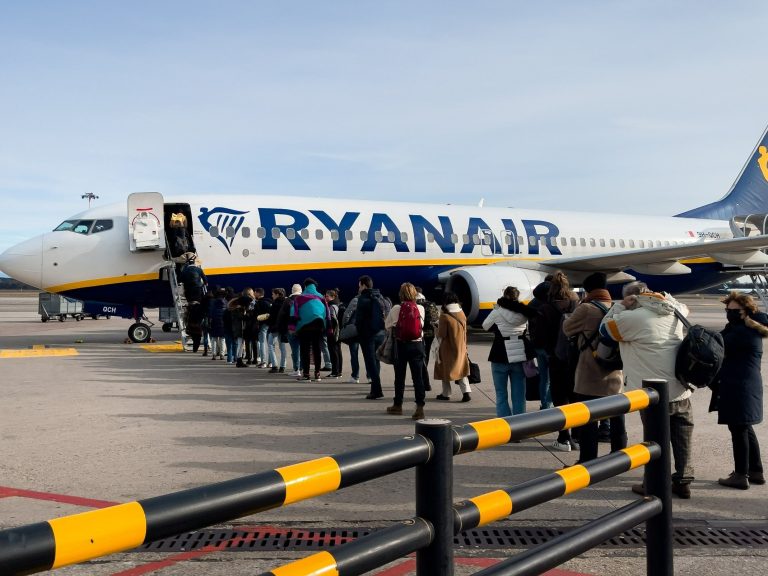Interest in “dream tourism” is growing. Hotels have an idea for this

Beds powered by artificial intelligence, bedtime lattes – these are just some of the ways hotels can “join” the growing trend of the so-called dream tourism. What is it and why is it becoming more and more popular?
Studies have shown that nearly half of Americans suffer from sleep deprivation, and many are willing to put an end to it – even when traveling. Since for many people the priority during holidays is primarily rest and good sleep, the trend for the so-called dream tourism. Hotels are coming up with newer and newer ways to fit into this direction of travel and respond to the needs of customers. And it must be admitted that they have interesting ideas in this regard.
Dream tourism
Most travelers across generations indicated that the main reason for planning a trip in 2024 would be to rest and recharge. According to the 2024 trends report published by Hilton, night tourism is becoming more and more popular. HTF Market Intelligence estimates that the overnight tourism market will grow to $409 billion by 2028.
“The No. 1 reason people return to hotels is how well they sleep,” Dr. Whitney Roban, a sleep specialist and collaborator with luxury bedding company REST, told the New York Post. “They used to want to be adventurous and party, but now people want to get away to feel better and healthier, and the best way to recharge and regenerate is to get a good night's sleep.”
In the city that never sleeps, or in New York, hotels try to do everything they can to attract guests who choose such things. They offer them luxuriously detailed accommodation packages that once could only be dreamed of.
Bedtime latte, sleeping chamber
The Art + Science of Sleep program introduced by the Equinox Hotels brand at Hudson Yards invites guests to a room that, with the press of a button, turns into a dark, quiet and cool sleeping chamber.
Priced at $1,850 for a two-night minimum stay, other amenities include temperature-controlled beds and sleep concoctions like bone broth, bedtime charcoal lattes and more. There are also in-room guided breathing programs and a sleep wave table – it's like a waterbed offering sound and harmonic resonance therapy. Equinox claims that by regulating neurotransmitters you can get the equivalent of three hours of sleep in 30 minutes.
The program also provides guests with access to cryotherapy and hot and cold baths, in addition to the healthy foods, fitness and spa activities typically offered to all Equinox guests.
“The whole integrated approach to quality living is that you want to be the best version of yourself and do everything you can to stay healthy and live a good life. And sleep plays a huge role in that,” said Chris Norton, CEO of Equinox Hotels.
The Park Hyatt New York even offers AI-powered Bryte “smart beds” that can “change from soft to firm in seconds.” They do this using pressure sensors that adjust to help guests keep from waking up in the middle of the night. The hotel's Restorative Sleep Suites also offer guided meditation, soundscapes and music.
Of course, many hotels' typical offerings include blackout curtains, temperature control, soundproofing devices, soft sheets, eye masks and late check-out, but some properties go straight for “sleep tourism.” Earlier this year, Refinery Hotels began bookings for the “Suite Dreams Package,” which includes a signature Refinery Hotel candle, a bottle of red wine, Alice Nightcap mushroom chocolate and Martha Stewart CBD gummies.
Tempo by Hilton Times Square has specially designed rooms with three zones for functionality and comfort, including a wrap-around sleep space to help guests relax, and has partnered with Sealy Accelerate Mattresses to create a custom mattress as part of its latest sleep program.






